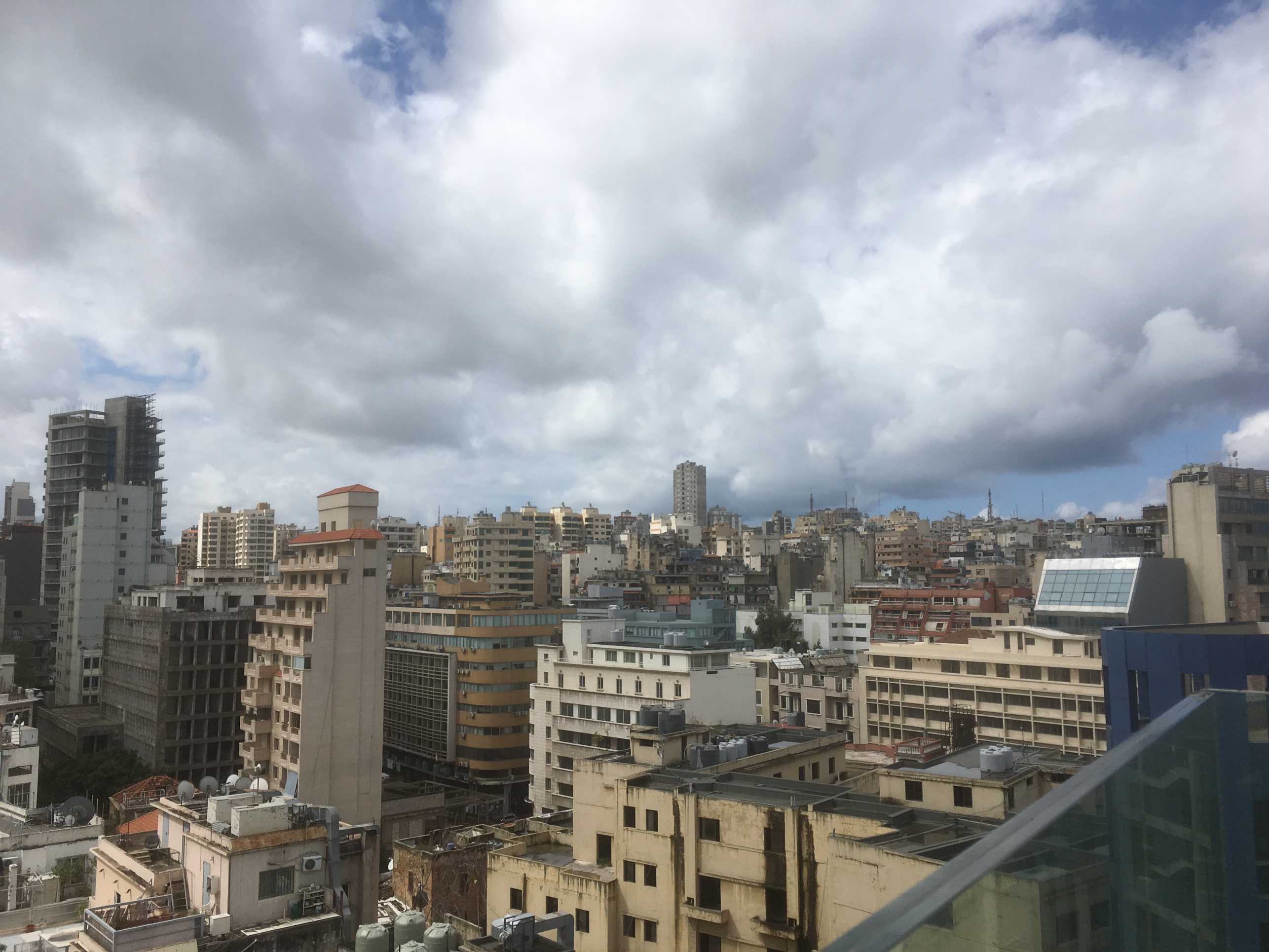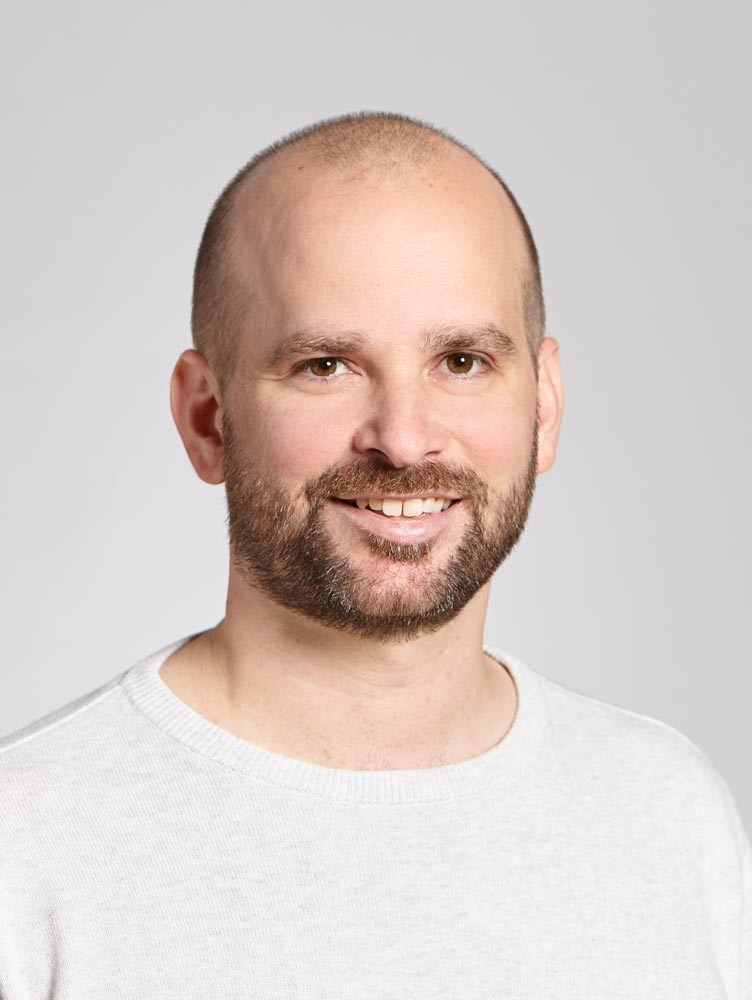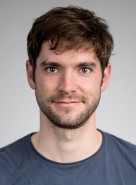Building Resilience in Health Infrastructure
The Humanitarian Planning Hub of the research group Spatial Development and Urban Policy (SPUR) is part of a new collaborative research project to develop innovative solutions for humanitarian action. The project “Building Resilience in Health Infrastructure” aims to support the International Committee of the Red Cross (ICRC) in creating a resilience strategy for health infrastructure in conflict-affected settings. With the Rafik Hariri University Hospital in Beirut, Lebanon, as case study, the Humanitarian Planning Hub contributes to the project by assessing resilience from a socio-spatial and institutional perspective while analyzing how the territorial, social, and environmental systems intertwine.
Introduction
Beirut, the capital city of Lebanon, faces multiple crises. Amidst an unprecedented economic crisis and political gridlock, the country of Lebanon suffers from severe food, electricity, and fuel shortage affecting basic services and infrastructures. At the same time, Beirut hosts many refugees, mainly from Syria and Palestine. The recent COVID pandemic and the disastrous port blast in 2020 strained the city's capacities even more. Also, the health system suffers from these challenges of shocks, protracted crises, lacking services and infrastructures while the demand for care increases.
Provision of health services such as clinics and hospitals are an essential part of the work of the humanitarian sector and of the International Committee of the Red Cross (ICRC). The project “Building Resilience in Health Infrastructure” aims to support the ICRC in creating a resilience strategy for health infrastructure in conflict-affected settings and to develop interventions to enhance health service outcomes in the short and long term.
This research project, led by Guillaume Habert from the Chair of Sustainable Construction, is a collaboration of five ETH research groups (see below) and has been awarded with the ETH4D Humanitarian Action Challenge grant, an initiative of the external page Engineering Humanitarian Action Partnership between ETH Zurich, EPFL and the ICRC with the aim of developing innovative solutions for humanitarian action.

The Project
The aim of the project is to support the ICRC in creating a resilience assessment framework and resilience strategy for health infrastructure in conflict-affected settings and to develop interventions to enhance health service outcomes in the short and long term. The projects addresses two general research questions:
- How can health facility resilience be characterized in the context of prevailing risks and constraints associated with unstable settings and protracted crises?
- How can health facility resilience be assessed/measured in a reliable and consistent manner considering data and organizational limitations?
The project uses the Rafik Hariri University Hospital in Beirut as a case study. SPUR contributes to the project by assessing the hospital’s resilience from the socio-spatial and institutional perspective, as well as analyzing its interdependencies with territorial and environmental systems.
The project includes a rapid resilience assessment and the development of a resilience monitoring framework. Based on the case study in Beirut, a framework and decision support tool is co-designed and developed to embrace a broader range of health facilities managed by the ICRC and other humanitarian actors.
Team Members
Co-Principal Investigator
Deputy head of Inst Spatial and Landscape Development / Head of Network City and Landscape ARCH and BAUG
Raumentwicklung und Stadtpolitik
Stefano-Franscini-Platz 5
8093
Zürich
Switzerland

Researcher
Raumentwicklung und Stadtpolitik
Stefano-Franscini-Platz 5
8093
Zürich
Switzerland
